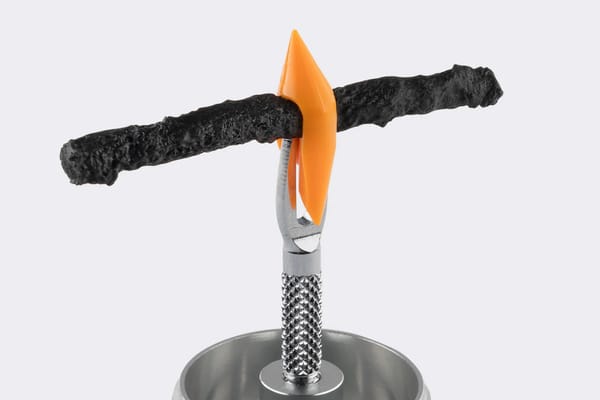Tackling Pre-Race Nerves: Understanding and Managing Anxiety Before a Bike Race

Participating in a bike race is an exhilarating experience. The adrenaline rush, the sense of accomplishment, and the thrill of the competition make it a unique event. However, for many cyclists, pre-race nerves and anxiety can overshadow these positive feelings, making the lead-up to the race a stressful time. Understanding the causes, recognizing the symptoms, and learning effective management strategies can help you turn pre-race anxiety into an asset rather than a hindrance.
Causes of Pre-Race Anxiety
Pre-race anxiety is a common phenomenon among athletes, driven by several factors:
- Performance Pressure: The desire to perform well and meet personal or external expectations can create significant stress.
- Fear of Failure: Worrying about not finishing the race or not achieving a desired result can heighten anxiety levels.
- Uncertainty: Unpredictable elements such as weather conditions, racecourse difficulties, and competition can add to the anxiety.
- Physical Stress: The body's response to the anticipation of intense physical exertion can trigger stress hormones like adrenaline and cortisol.
- Past Experiences: Previous negative experiences, such as poor performance or injuries, can increase anxiety about future races.
Symptoms of Pre-Race Anxiety
Recognizing the symptoms of pre-race anxiety is the first step towards managing it. Common symptoms include:
- Physical Symptoms: Increased heart rate, sweating, trembling, nausea, and muscle tension.
- Cognitive Symptoms: Racing thoughts, difficulty concentrating, and negative self-talk.
- Emotional Symptoms: Feelings of dread, irritability, and heightened sensitivity.
- Behavioral Symptoms: Changes in sleep patterns, avoidance behaviors, and changes in appetite.
Managing Pre-Race Anxiety
Effectively managing pre-race anxiety involves a combination of mental and physical strategies. Here are some tips to help you stay calm and focused before the big race:
- Preparation:
- Training: Follow a well-structured training plan to ensure you are physically prepared for the race. Consistent training can build confidence.
- Race Strategy: Develop a clear race strategy, including pacing, nutrition, and hydration plans. Knowing your plan can reduce uncertainty.
- Mental Techniques:
- Visualization: Visualize the race in your mind, imagining yourself performing well and overcoming challenges. This can help build confidence and reduce fear.
- Positive Self-Talk: Replace negative thoughts with positive affirmations. Remind yourself of your strengths and past successes.
- Mindfulness and Meditation: Practice mindfulness techniques to stay present and reduce anxiety. Deep breathing exercises can also help calm your nervous system.
- Routine:
- Pre-Race Rituals: Develop a pre-race routine that includes activities that relax and center you. This could be listening to music, doing light stretches, or going for a short, easy ride.
- Familiarity: Familiarize yourself with the racecourse, if possible, and practice on similar terrain to reduce uncertainty.
- Physical Care:
- Rest: Ensure you get adequate sleep in the days leading up to the race. Good rest is crucial for both physical and mental performance.
- Nutrition: Maintain a balanced diet and stay hydrated. Avoid trying new foods or supplements right before the race.
- Warm-Up: Engage in a thorough warm-up routine on race day to prepare your body and reduce physical tension.
- Support System:
- Seek Support: Talk to fellow cyclists, coaches, or friends who understand your experience. Sharing your concerns can provide relief and valuable advice.
- Professional Help: If anxiety is overwhelming, consider seeking help from a sports psychologist or counselor who can provide tailored strategies.
Conclusion
Pre-race nerves and anxiety are common but manageable aspects of competitive cycling. By understanding the causes and symptoms of pre-race anxiety and employing effective management strategies, you can transform nervous energy into a positive force that enhances your performance. Remember, a certain level of anxiety is natural and can even be beneficial by keeping you alert and focused. Embrace the challenge, trust in your preparation, and enjoy the ride.





